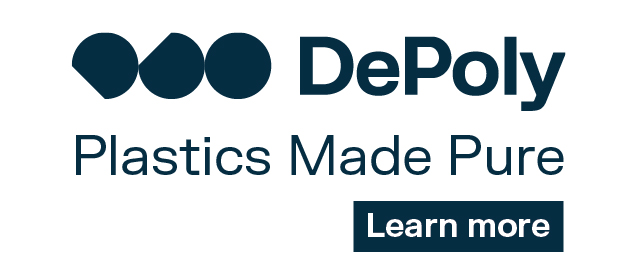The overall objective of the KYROBIO project was to broaden the toolbox of single enantiomer chiral chemicals manufactured in Europe using biotechnological routes. The main focus was to enable the industrial application of the lyase class of enzymes that would be applicable to a number of industrial processes and purposes.
The KYROBIO project has employed a supradisciplinary approach, ranging from enzyme development, chemistry, molecular biology, fermentation and innovation isolation techniques, in order to overcome the bottlenecks to applying this new technology.
One of the key promising results from the project has been the discovery of a new hydroxynitrile lyase (HNL) enzyme which is highly suitable for industrial application. The enzyme originates from a simple white rabbit’s foot fern plant.
Ferns and other plants, including stone fruit and almond trees, use a HNL enzyme to release molecularly stored hydrogen cyanide in order to protect their young buds from feeding pests.
Project partner the Austrian Research Centre of Industrial Biotechnology (ACIB) used a web tool developed by KYROBIO and found that the fern’s enzyme had no similarity at the sequence level with any previously known HNL.
This is important as the reverse reaction of HNL enzymes, the enantiomer, is highly useful in industry, as they are able to bind cyanide to different molecules that can be used in a number of industrial practices.
One such example is its ability to recycle unwanted cyanide wastes, which are generated during the production of acrylonitrile. Acrylonitrile is used not only in adhesives but also in textile manufacturing, as it is an important raw material for the production of acrylic fibre. Industry also gains valuable building blocks for pharmaceutical agents from the enzyme.
Project researchers are confident that the enyzme will have a good basis for industrial utilisation. They report that it is more efficient and simpler to handle than previous HNLs because it benefits from being a small, uncomplicated enzyme.
Some of the applications they believe it will be suitable for include crop protection and the production of insect repellants.
ACIB has now already filed a patent and is currently in negotiations with a potential industrial partner to commercialise the new enzyme. This is a significant step for the project, as one of its core aims was that promising candidate chemicals would be market-ready within three years of the project’s completion.
Though the KYROBIO project has now officially ended, it has made a strong contribution in placing the EU’s chemical industry at the forefront of efficient, sustainable and environmentally friendly manufacturing.
More information
Source
Supplier
Austrian Centre of Industrial Biotechnology (ACIB)
European Union
Share
Renewable Carbon News – Daily Newsletter
Subscribe to our daily email newsletter – the world's leading newsletter on renewable materials and chemicals

















